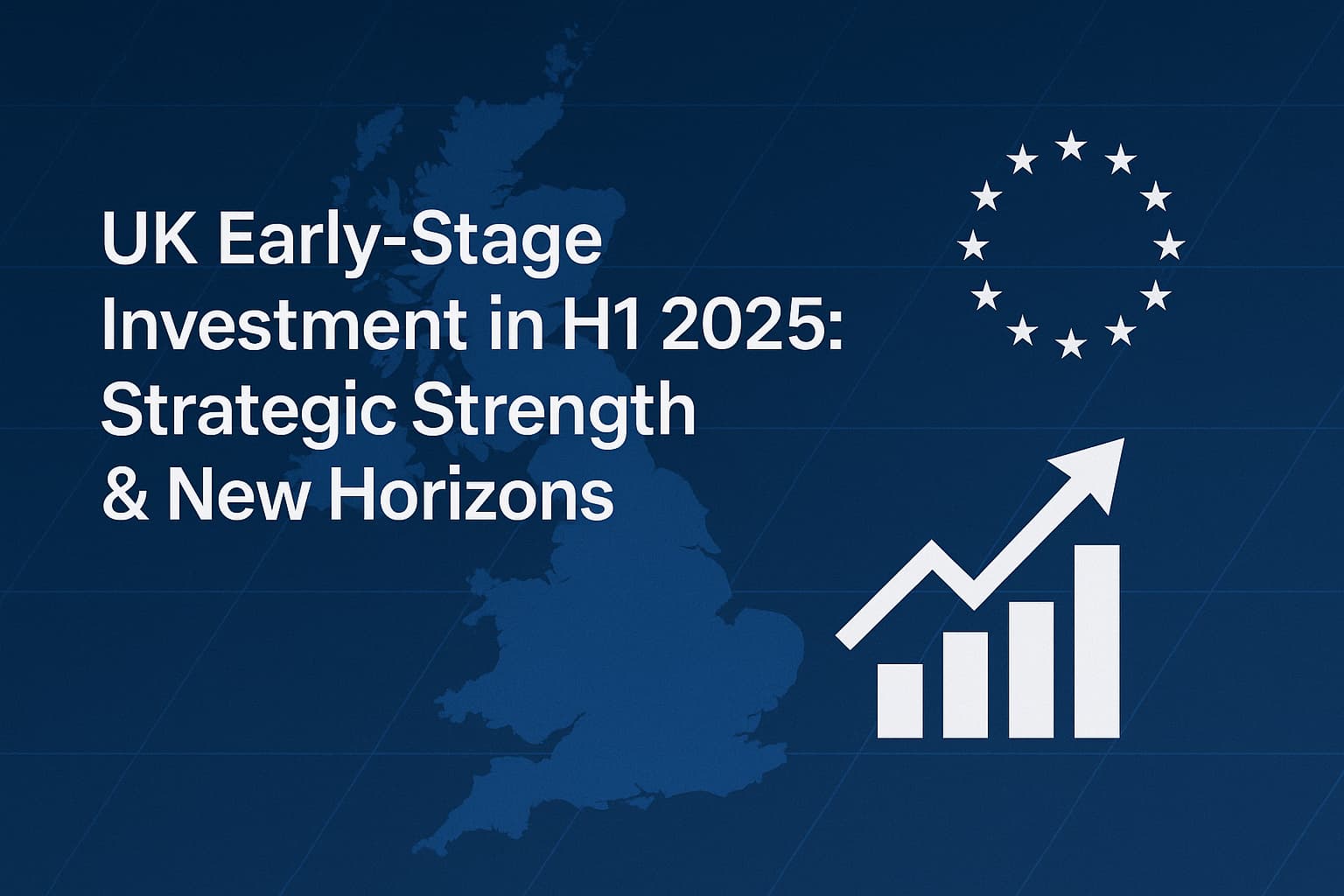

AI and Startups: The New Funding Frontier
Artificial Intelligence (AI) has transitioned from being a mere subject of sci-fi fascination to a real-world game-changer. In today's fast-paced digital era, startups are presented with a paradox: a vast expanse of untapped potential juxtaposed against fierce competition. For those seeking early-stage funding, the path ahead demands not just innovation, but a blend of vision, strategy, and adaptability.
A recent article in the Harvard Business Review highlighted the democratizing power of generative AI and other user-friendly software tools [1]. These advancements empower individuals without a coding background to become proficient programmers. Consequently, we're witnessing the rise of solo entrepreneurs who, armed with AI tools, can rival established tech teams. Essentially, if you have a groundbreaking idea, the barriers to bringing it to market have significantly diminished.
So, what distinguishes one startup from another in this AI-driven ecosystem? The answer lies in three foundational pillars of AI:
Personalized Experiences: The era of one-size-fits-all is long gone. AI's prowess in analyzing vast datasets allows it to discern intricate user patterns and preferences. Consider e-commerce platforms: they've evolved from mere product listing sites to sophisticated platforms that anticipate and cater to individual user needs.
Efficiency Gains: The supply chain industry serves as a prime example of AI's transformative power. AI's capabilities range from forecasting raw material requirements to fine-tuning delivery routes and even predicting potential bottlenecks. The result? Streamlined operations and minimized resource wastage.
Intelligent Solutions: The customer service sector is undergoing a paradigm shift. AI-powered chatbots, leveraging natural language processing, are not just reactive but proactive, predicting user queries and enhancing overall user engagement.
However, the mere integration of AI isn't the endgame. The true challenge lies in harnessing AI's capabilities in a manner that's purposeful, relevant, and distinct.
2022 witnessed an unexpected downturn in AI investments, with global AI private investment dropping by 26.7% from 2021, amounting to $91.9 billion [3]. Yet, when viewed in a broader context, this figure was still a staggering 18 times higher than the 2013 investment. This trajectory underscores the unwavering faith in AI's long-term potential.
Governments globally are waking up to the transformative potential and challenges posed by AI. The AI Index showcases a marked uptick in AI-centric legislative activities. From a lone bill in 2016, 2022 saw 37 AI-focused bills enacted across 127 nations [3]. This legislative momentum is further corroborated by parliamentary records from 81 countries, where mentions of AI have surged nearly 6.5 times since 2016.
Public sentiment towards AI remains a mixed bag. A 2022 IPSOS survey revealed varying degrees of AI optimism across nations. While Chinese citizens exhibited the highest optimism at 78%, the U.S. lagged behind with only 35% of its populace viewing AI positively.
The burgeoning demand for AI expertise is palpable. In the U.S., AI-related job postings saw a modest yet significant increase from 1.7% in 2021 to 1.9% in 2022. This uptick underscores AI's permeating influence across sectors and the ensuing talent crunch faced by startups.
Strategies to Overcome the Skills Gap:
To bridge this skills gap, startups are adopting innovative approaches:
- Academic Collaborations: Startups are increasingly collaborating with academic institutions, gaining access to emerging talent and avant-garde research.
- Remote Work Paradigms: The digital age has rendered geographical boundaries obsolete. Startups are now scouting and recruiting AI talent from across the globe.
Yet, it's crucial to remember that AI, despite its myriad advantages, isn't a panacea. The true magic unfolds when AI's computational prowess is harmoniously blended with human intuition, creativity, and ethical considerations. Investors are increasingly gravitating towards startups that strike this delicate balance.
However, AI's journey isn't devoid of challenges. Concerns surrounding data biases, ethical ramifications, and potential misuse are ever-present. Startups need to be proactive in addressing these concerns. Transparent algorithms, robust data privacy protocols, and rigorous testing mechanisms are no longer optional but mandatory. The ethical deployment of AI is paramount. From safeguarding user data to eliminating algorithmic biases, ethics must be at the core of every startup's AI strategy. Investors today are evaluating startups not just on their potential returns but on their broader societal impact.
In conclusion, the roadmap for AI-driven startups is crystalline: integrate AI with a clear vision, uphold ethical standards, and weave a unique, compelling narrative. In this ever-evolving landscape, foresight, agility, and purpose will be the guiding stars. As AI and startups converge, those that navigate with discernment, accountability, and innovation will spearhead the next wave of entrepreneurial success.
Authors

Related Posts


Summer Investor Event: Five Innovative Startups Take the Stage
